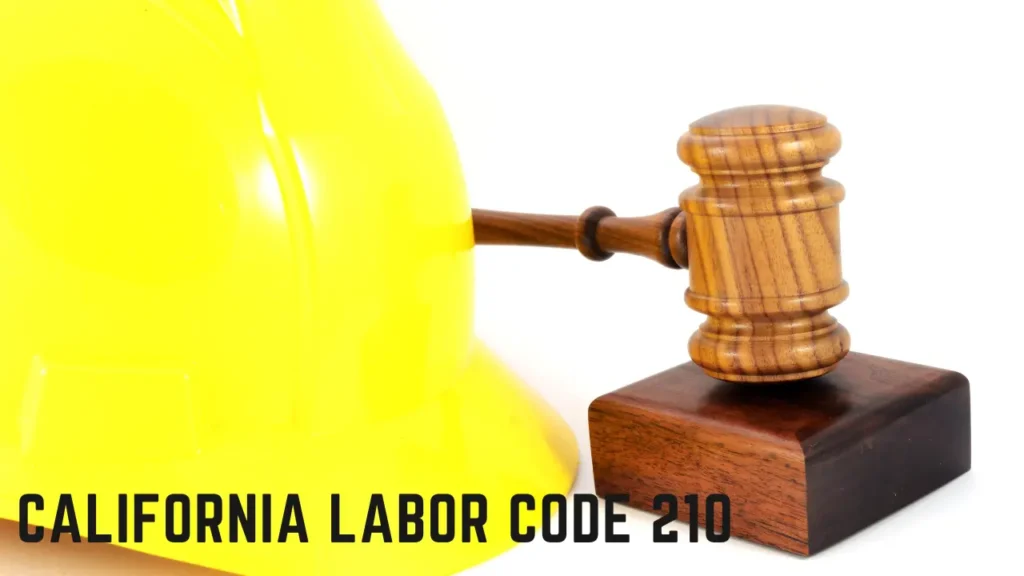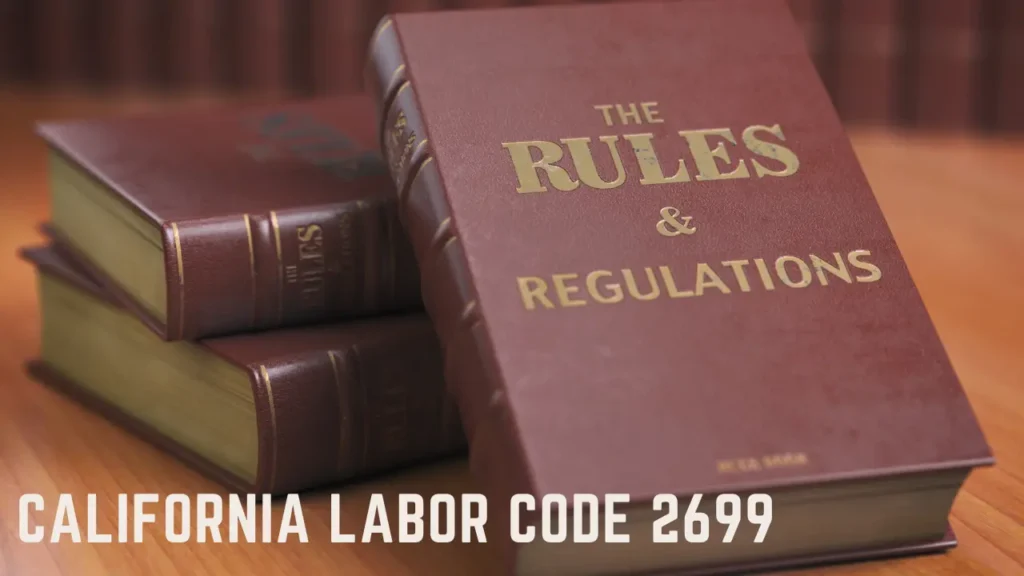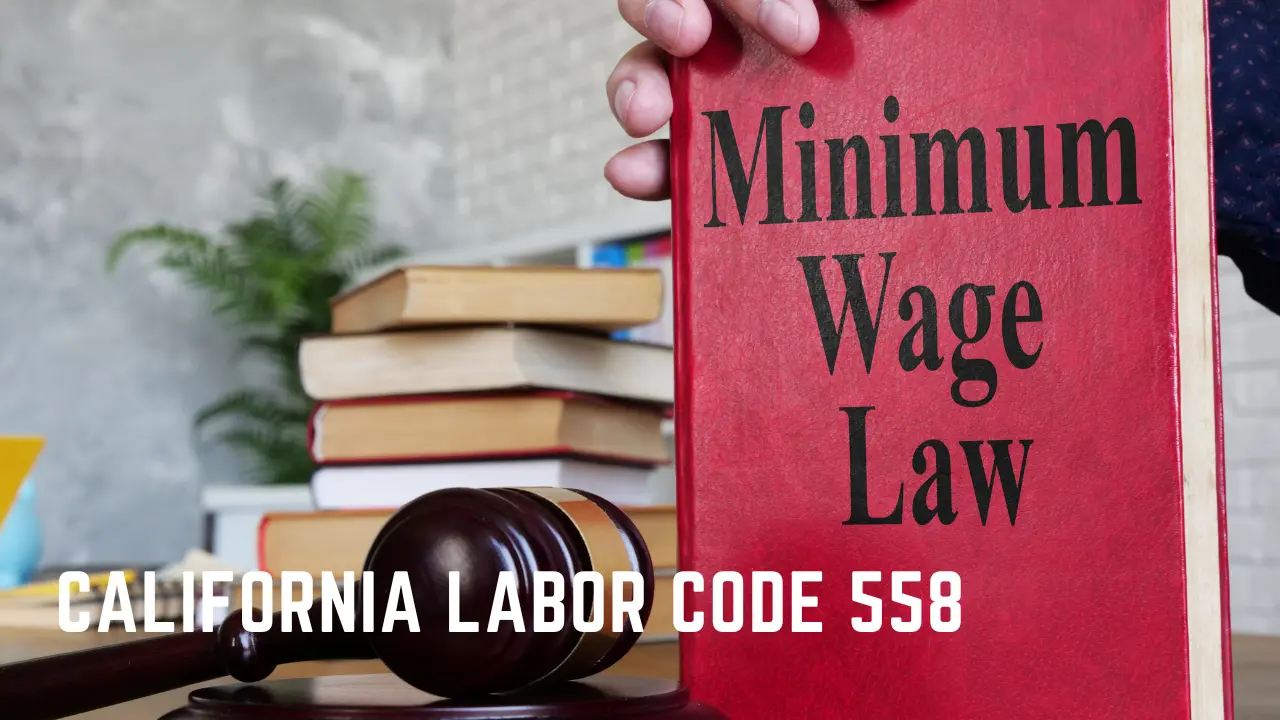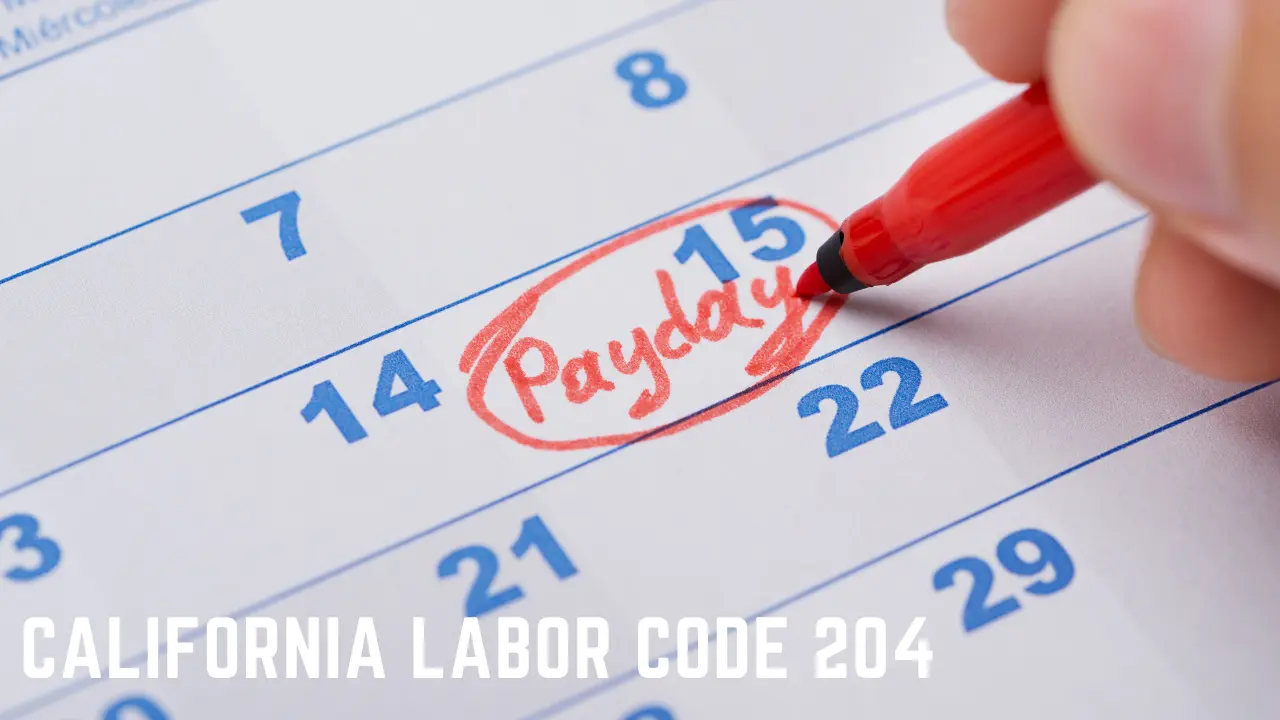Table of Contents
ToggleYou’ve got a right to work in an environment free of prejudice and bias, and if that’s been violated, you need to know what steps to take. From recognizing the signs of discrimination and understanding your rights under California law to the process of filing a lawsuit, there’s a lot you’ll need to navigate.
As we explore this complex terrain, remember that your journey doesn’t end here.
Reporting and Filing Discrimination Lawsuit
Suppose you believe you’re a victim of discrimination in the workplace in California. In that case, it’s crucial to understand the process of reporting and filing a lawsuit to effectively protect your rights and seek justice.
Firstly, file a complaint with the Civil Rights Department (CRD) or the Equal Employment Opportunity Commission (EEOC).
Ensure you’ve exhausted all administrative remedies before proceeding to court.
It’s paramount to consult an attorney before jumping into this legal fray.
Once you’re ready, serve the complaint to your employer and any other defendants.
Be patient, as defendants have the right to respond formally.
If your case isn’t settled, it might proceed to trial.
But remember, this is your fight, and understanding the process empowers you in seeking justice.
Settlement Vs. Trial Considerations
While understanding the process of filing a lawsuit is crucial, it’s equally important to consider the potential paths your case could take, namely settling out of court or proceeding to a full trial.
- Settlement: This is often a quicker, less stressful option. It allows for closure and guarantees a certain amount of compensation. However, it may not fully reflect the extent of damages suffered.
- Trial: This could result in a larger award if you win, but it’s a longer, more unpredictable process.
- Cost and Time: Trials can be expensive and time-consuming. Consider these factors and your emotional readiness.
- Public Record: Trials are public. If privacy is a concern, a settlement might be preferable.
Identifying Workplace Discrimination
Recognizing discrimination in your workplace can be challenging, as it often manifests subtly and isn’t explicitly documented. However, you can identify it through certain signs.
Changes in job performance reviews, exclusion from events, or an increased workload can all indicate discrimination. Reduced hours or pay without justification can also be a red flag.
If you notice different treatment of workers based on their race, religion, gender, sexual orientation, national origin, age, or military/veteran status, you’re likely witnessing discrimination. Additionally, a failure to address offensive behavior or jokes in the workplace can be indicative.
It’s crucial to remain vigilant and speak out if you identify such actions. You have the right to a fair, respectful workplace and California law is on your side to protect it.
Understanding Protected Classes and Laws
In California, it’s crucial to understand the protected classes and the laws that safeguard them against discrimination in the workplace. Here’s a simple breakdown:
- Protected Classes: These are groups defined by race, color, religion, sex (including pregnancy, childbirth, and related medical conditions), sexual orientation, gender identity, national origin, disability, age (40 and older), citizenship status, genetic information, or military and veteran status.
- Anti-Discrimination Laws: California’s Fair Employment and Housing Act (FEHA) prohibits discrimination against these protected classes.
- Disparate Treatment and Disparate Impact: It’s considered discrimination if you’re treated differently due to your protected class (disparate treatment), or if a seemingly neutral policy disproportionately impacts your protected class (disparate impact).
- Filing a Complaint: If you’ve faced discrimination, file a complaint with the Department of Fair Employment and Housing (DFEH) promptly.
Time Constraints and Legal Protections
After understanding the basic protections offered to certain groups under California law, it’s equally important to grasp the time limits and legal protections associated with filing a discrimination lawsuit.
You should know that pre-complaint inquiries must be submitted within three years of the last incident of discrimination, harassment, or retaliation. However, exceptions exist if the unlawful practice was discovered after this period.
Besides, it’s crucial to remember that you’re legally shielded from retaliation for reporting workplace discrimination. If you face retaliation, you can file a complaint with the Civil Rights Department or even a lawsuit for wrongful termination.
Potential Damages in Discrimination Lawsuits
When you’ve been the victim of workplace discrimination, it’s important to understand what kind of financial compensation you might be entitled to in a successful lawsuit. Here’s a brief list of potential damages:
- Back Pay: This includes the wages, bonuses, and benefits you’d have earned from the time of discrimination until the judgment.
- Front Pay: This compensation is for future lost earnings due to the discrimination.
- Emotional Distress: You can be compensated for the mental suffering caused by the discrimination.
- Punitive Damages: These are awarded to punish the employer for their misconduct.
Each case is unique, so you may be entitled to different types or amounts of damages. Always consult with a knowledgeable attorney to fully explore your options.
Conclusion
Don’t let workplace discrimination continue to hinder your life.
Know your rights, recognize the signs, and take action.
Utilize legal aid, file your complaints, and persist through the process, whether that leads to settlement or trial.
You’re not alone in this fight. It may feel overwhelming, but remember, California laws protect you.
Stand up, demand justice, and make your workplace a discrimination-free zone.
You have the strength, and this guide has the knowledge you need.















